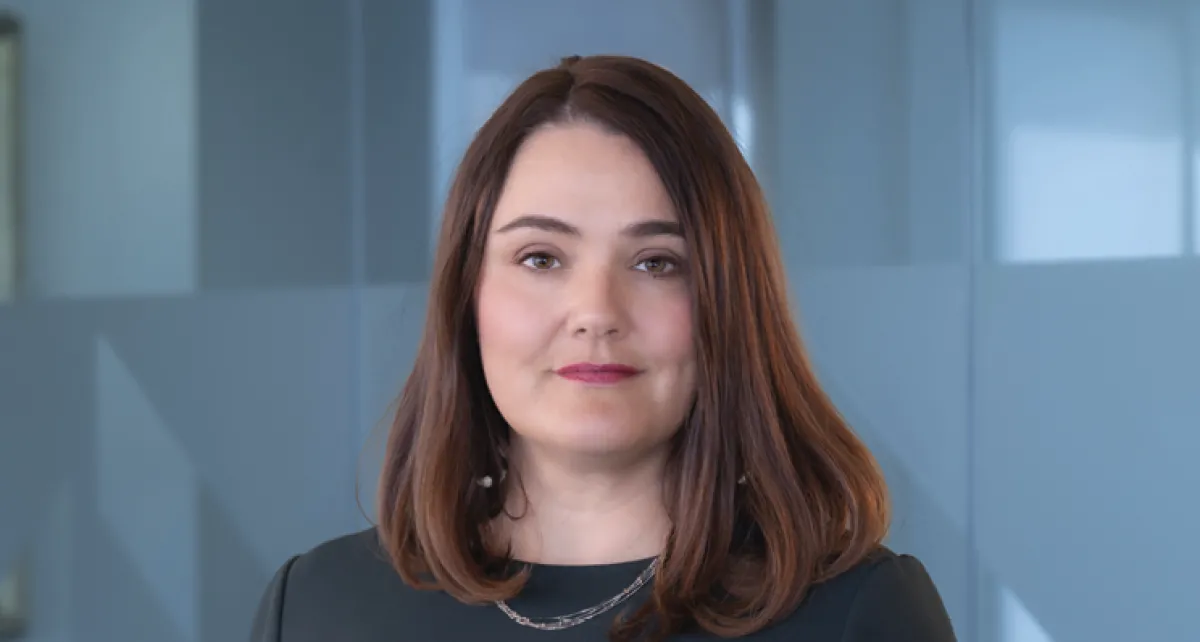
A Guernsey trusts and private wealth sector overview
It means the island's government, the States of Guernsey, and industry can work together to introduce appropriate laws which ensure that the excellent reputation of the jurisdiction is retained, while also providing a platform that allows Guernsey's wealth management industry to best meet the needs of a sophisticated and discerning client base, particularly at a time where private wealth accumulation continues to grow globally year-on-year.
Legislative developments
Trusts have been established in Guernsey for more than 160 years and the provision of trustee services has been a mainstay of the local economy for the past 50 years or so despite the fact that trusts do not form part of Norman law from which Guernsey customary law is, in part, derived. The trust is, in origin, an English law concept, developed by English judges and, subsequently, by the courts of those countries whose law is, or is derived from English law. Nevertheless, the concept of a trust and the accompanying duties of a trustee and rights of a beneficiary had been recognised in Guernsey long before the first general statutory intervention was made with introduction of the Trusts (Guernsey) Law, 1989. This was a modern and flexible statutory framework which confirmed Guernsey's status as a leading international centre for trust administration.
Apart from minor changes in 1990 there were no revisions to the trust legislation until the introduction of the Trusts (Guernsey) Law, 2007 which replaced rather than revised the earlier legislation. That legislation has served the island and those using it as a platform for wealth administration very well and some of the innovations introduced then have since been adopted in other jurisdictions. The fiduciary sector in Guernsey has continued to flourish and the island continues to appeal to those attracted by an environment that can boast experienced trust practitioners, professional support, a well-respected regulatory regime, the rule of law and its capable, accessible and responsive judiciary.
Nevertheless, the Trust Committee of the Guernsey Bar is considering proposed revisions in line with developments in other jurisdictions, including:
- the abolition of the rule against self-dealing so as to make clear that a trustee of one trust may contract with itself as trustee of another trust – so as to facilitate, for example, trustees making enforceable loans between trusts they administer;
- expanding the role of alternative dispute resolution in the resolution of trust disputes; and
- the introduction of a statutory Hastings Bass power so as to confer upon the Royal Court a power to set aside the exercise of a fiduciary power in circumstances where the power holder failed to take into account relevant considerations of law or fact or took into account irrelevant considerations.
The foundations of profit
Guernsey’s markets
Substance and reputation
Increased complexity, costs and regulatory demands mean clients are looking for a holistic solution for managing the financial and other affairs of wealthy families across a range of services and multiple jurisdictions. This, coupled with the generational shift taking place with the transfer of wealth to the next generation, means that attitudes, expectations and preferences are changing.
The substance and reputation of the jurisdiction in which their private wealth is being managed is increasingly of concern, particularly in light of potential data breaches and reputational damage to high profile individuals or families.
As a result of increased regulatory and reporting requirements worldwide and associated complexity of managing and administering structures, as well as recently introduced substance requirements, we are finding that clients with existing Guernsey connections are choosing to consolidate and streamline existing structures into a single jurisdiction and choosing Guernsey. Equally, we have seen a number of significant structures and entities with no prior Guernsey connection relocating their entire structure and migrating entities to Guernsey from less well regarded jurisdictions as Guernsey is considered to be a mature jurisdiction with real substance.
Government policy
These factors were key considerations when creating Guernsey's Financial Services Policy Framework, published in December 2018, which is regarded as a blueprint to power the ‘engine’ of the Guernsey economy – the finance sector – in the coming years. It has been developed by the Guernsey Government in conjunction with Guernsey Finance – the promotional agency for the island's finance industry – with the goal of building on the industry’s existing strengths and wider trends.
It sets out priorities to ensure a flourishing sector, which includes green and sustainable finance as well as family office and private wealth services. Fintech, funds – global distribution and product development – along with wealth management, investment and brokerage services have also been identified as priorities.
The focus on family offices is unsurprising given that Guernsey is increasingly being considered as a base for family office structures, while family offices already based here are known to be expanding their activities and structures. The framework includes the objective of becoming foremost of mind amongst the global financial community for the provision of specialist family office and private wealth services and states the intention of honing the island's legal and regulatory approach to provide the most supportive global environment and ecosystem for servicing private capital and wealth. The framework regards Guernsey's jurisdictional offer of sophisticated, discreet service of unrivalled depth and breadth across fiduciary, funds and wealth management as the perfect ingredients to provide a greater focus on the provision of services to private capital and private wealth and family offices.
Conclusion
Guernsey's private wealth sector has always been innovative and forward-thinking. The island's Financial Services Policy Framework is testament to that fact and shows Guernsey is not prepared to rest on its laurels in order to meet the ever-changing needs of ultra-high and high net worth (HNW) clients and their families.
An original version of this article was first published by Offshore Red, April 2019.
© Carey Olsen 2019.


